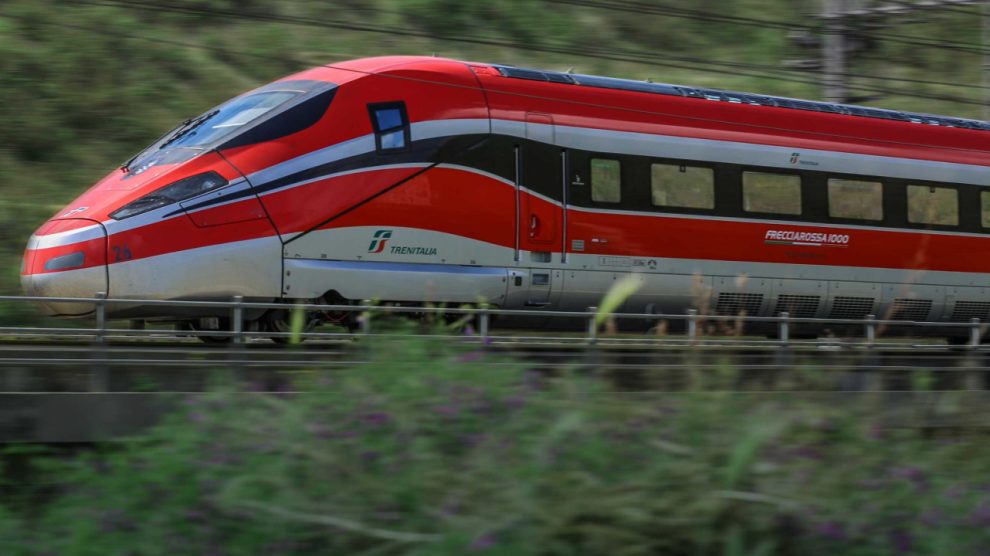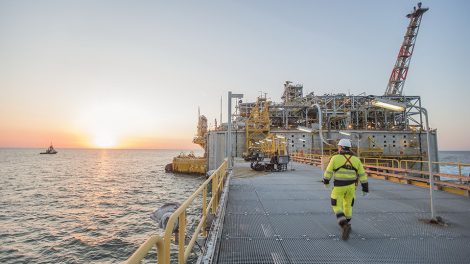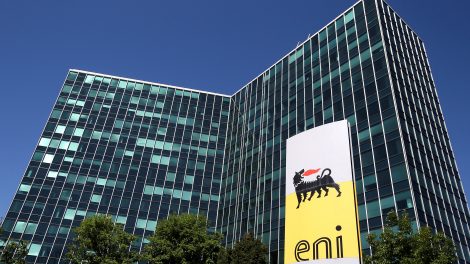On Monday, Ferrovie dello Stato (FS Group) signed the “European Railways’ Pledge For a More Attractive, Sustainable, Inclusive and Innovative Mobility,” joining forces with several major European railway companies to achieve climate neutrality by 2050.
The pledge, signed for FS by CEO Luigi Ferraris, commits the European Union railway players to a shared goal of increasing rail in transport, thereby contributing to the bloc’s decarbonisation. Counting 33 railway operators and infrastructure managers from 24 member States, the initiative aims for a joint upgrade of the continent’s railway network.
The commitment was presented in Paris, during the European Railway Summit, a conference on the future of European transportation. Attendees of the presentation included Adina Valean, European Commissioner for Transport, and the president of the FS Group, Nicoletta Giadrossi, who remarked on the importance of the railway in reducing climate change.
“The train is the environmentally friendly means of transport par excellence, and must be a credible alternative to more polluting modes of transport. For this to happen, as European transport companies, we need to do more to make it more attractive to our customers, both for passengers and for freight,” she said.
The head of FS then highlighted the pact’s shared (and ambitious) goal of “reducing the external and social costs of mobility”. She noted that prioritising passengers and technological advancement, along with “the customer experience, on [rail] mobility integrated with other modes of transport, on digitalisation and service innovation,” is at the heart of the agreement.
Focus on climate
Through the commitment, rail transport groups urged Brussels and European capitals to set concrete targets for the shift to sustainable modes of transportation at both the national and bloc-wide level.
“We believe that the combination of our pledge with EU and national policy measures […] will make modal shift a reality in the short term and therefore make a significant contribution to reaching climate neutrality by 2050,” reads the pledge.
Transportation groups outlined their dedication to reducing greenhouse gas emissions from trains by 30% by 2030 (compared to 2015). Further down the line, the aim is to increase energy efficiency by 25% and achieving carbon neutrality by 2050. They also committed to “significantly increase” the recycling rate of equipment by 2030.
Future of rail in the EU
Monday’s summit marked the end of the European Year of the Rail, intended to increase awareness for issues facing railways across Europe. The initiative was an addition to the European Commission’s existing Action Plan, which seeks to increase accessibility to long-distance and cross-border rail.
“Our goal is to ensure that really everyone can choose rail – not only because it is sustainable, but because it is simply the most convenient option,” Commissioner Valean said in a statement at the European Railway Summit.
Financial institutions have also committed to increasing the use of rail to mitigate the effects of climate change. In December, the European Investment Bank (EIB) launched the Green Rail Investment Platform, a project to drive funds towards sustainable rail infrastructure.
Kris Peeters, EIB Vice-President, believes rail transport will be the backbone of Europe’s future climate-neutral transport system. “It is the only mode of transport that has reduced its emissions and energy consumption since 1990,” he noted.
According to data from the European Commission, rail currently accounts for 0.4% of emissions from EU transport, making it one of the most sustainable forms of transportation available.




